In the days and months following last year’s devastating earthquake in Haiti, millions of people around the world were eager to help with necessities like food, water and shelter.
The campus community has counted itself among the many making those efforts, but in January a group of Oswego professors and students took on another necessity — mental health.

Oswego Assistant Professor Barbara Streets, left, stands with African Music Specialist Khalid Saleem of SUNY Brockport in Petit Goâve, Haiti.
“These people are very resilient, they still work every day,” Britanee Eckhard M ’10 said. “They really don’t sit around and cry or talk about it.”
The SUNY Oswego group offered coping strategies for those dealing with anxiety, loss and grief through a series of workshops in the country where an earthquake devastated the capital of Port-au-Prince, killed an estimated 220,000 people, injured 300,000 more and left more than a million homeless.
“It was a place and a time for the entire community to get together and talk,” said Eckhard, who participated in workshops aimed at children. “They were able to voice what they felt.”
The trip was the culmination of “Ethnocultural Aspects of Trauma: Focus on Haiti,” a redeveloped upper-division and graduate-level psychology and counseling and psychological services course.
“It was the best experience of my life,” said Rodney Jeannis ’11, a Haitian-American who lost relatives in the natural disaster. It was his first trip to the country. “Through the media, you only see the negatives. It was really great to see the positives.”

In far back, from left, Rodney Jeannis ’11, Assistant Professor Barbara Streets, Amanda LeBeau ’10, Samantha Shaw ’11 and Kiara Tull ’12 give a presentation on relaxation and meditation in Petit Goâve, Haiti.
In addition to the country’s natural beauty, Haiti embodies a warm and friendly culture that embraces community and welcomes visitors, he said.
Course professors Barbara Streets, Karen Wolford and Roger Brooks first traveled to Petit Goâve to assess the situation. Joshua McKeown, director of International Education and Programs, said the pre-trip was crucial: The college would be sending students to Haiti knowing that the State Department and Centers for Disease Control have advised no unnecessary travel.
“This brings a whole new level of complexity” to study abroad programs, McKeown said. “The situation is very fluid there.”
Yet all involved with the course and the effort believed the trip would tie curriculum with travel in a way that would be invaluable to students and their professors.
“Many students no longer want to just go and study in a foreign place — they want to do something,” said McKeown, who oversaw four short-term study-abroad opportunities over winter break.
“We’ve had the right people helping us,” said Streets, whose ties with the Association of Black Psychologists and other professional organizations helped her connect with Guerda Nicolas at the University of Miami. “I think a lot of credit, respect and admiration should be given to Dr. Nicolas for her assistance. What’s unique about her is her social justice and work ethic-service to Haitian Americans, the Haitian community in Miami and the nation of Haiti.”
Nicolas, a Haitian-American scholar and department chair at Miami, has helped Streets, Wolford and Brooks develop the course curriculum, understand better the Haitian worldview and create ties with community programs.
“Our mantra was not to change people,” Jeannis explained. “Our mantra was to understand their culture and see what we could do.”
The people were very willing to learn, he said, and so were Oswego’s ambassadors.
“I think in the beginning, it was a chance to learn about a culture outside of my own,” Eckhard said. Like so many others who were moved, she also felt the need to help.
“In the end you realize, you’re the one who learns the most,” she said. “I think I learned more than I taught them.” l
— Shane M. Liebler and Jeff Rea ’71
You might also like
More from Campus Currents
University Celebrates Third Annual Founder’s Weekend
University Celebrates Third Annual Founder’s Weekend Several hundred members of the Laker community gathered together on campus to learn about the …
SAVAC Captain, Biology Major Named 2023 Outstanding Senior Award Winner
SAVAC Captain, Biology Major Named 2023 Outstanding Senior Award Winner Shannon Harris ’23, a biology major from Webster, N.Y., was selected …

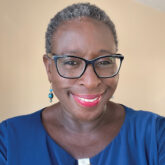
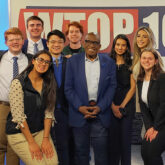
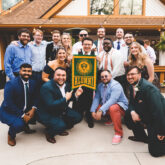
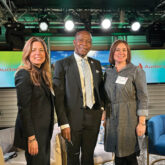
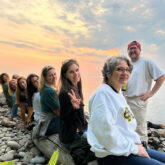
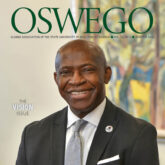
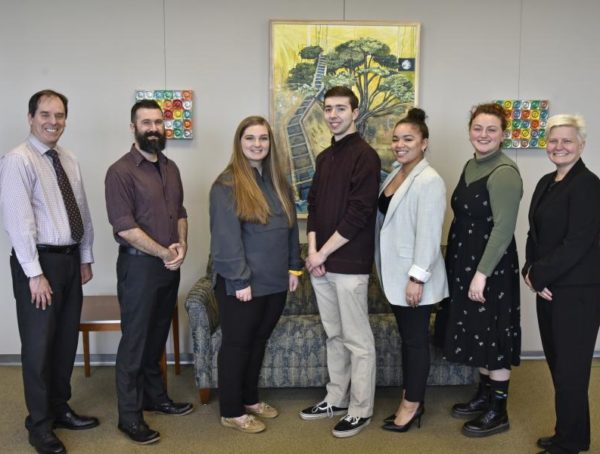
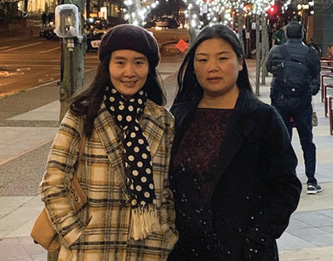
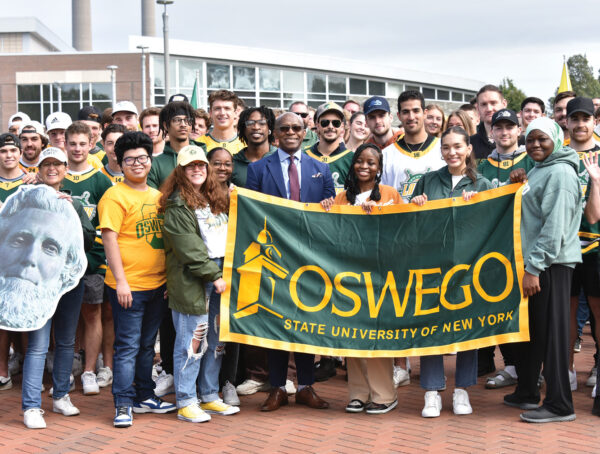
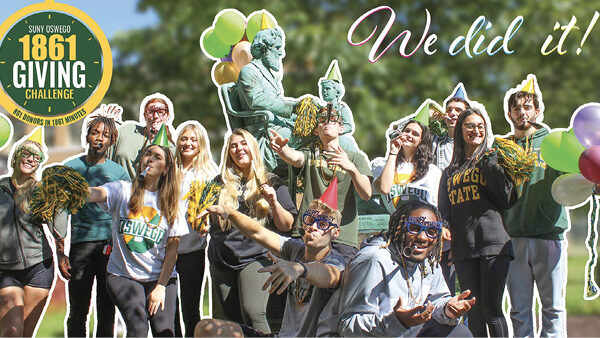
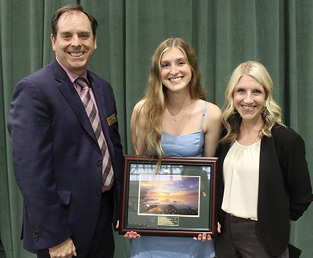
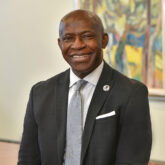

3 Comments
Appreciate the article, but it is not specific as to the date of the visit. “Last year’s earthquake” is the only reference to time I saw. Remember “who, what, where, when, why and how” — and don’t forget the WOW.
Rereading, I do see “January” which I’d assume to be this year 2011. I’m interested in how common such trips are among other institutions of higher learning. It seems to be a somewhat ground-breaking program, this. Lots of potential, here.